Deer Proof Shade Flowers: Choosing Deer Resistant Flowers For Shade
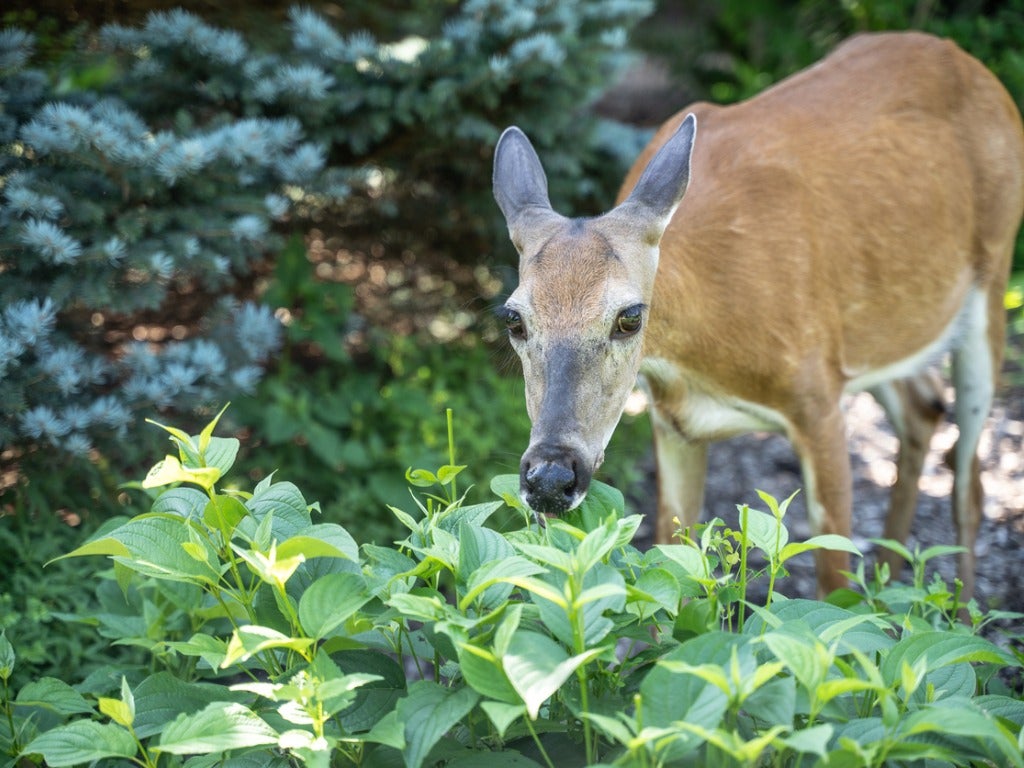

Watching deer move through your property can be a peaceful way to enjoy nature until they start eating your flowers. Deer are notoriously destructive, and in many areas, they are overpopulated. For your shady beds, look for shade flowers deer won’t eat and destroy.
Choosing Deer Resistant Flowers for Shade
There are many strategies to employ in the war between deer and gardeners. For instance, you can fence in vulnerable plants or use a deterrent chemical. These are labor-intensive, expensive, potentially harmful to other species, and create eyesores in the garden.
A more organic way to live harmoniously with the big herbivores in your garden is to simply put in plants that hold no interest for them. Some plants are delicious to deer, while others they will outright avoid.
Ideas for Deer Proof Shade Flowers
Any part of your garden can be a challenge with deer, but deer resistant shade flowers may be especially important. Deer tend to congregate in areas where they have coverage, like your shade beds.
Here are some great options for shade-loving, flowering plants the deer will simply admire but not eat (unless other more palatable options are scarce):
- Barrenwort – This perennial is strongly deer proof. Creeping rhizomes allow barrenwort to spread in clumps and they produce delicate white, yellow, and pink spring flowers.
- Bleeding heart – Another flowering perennial to use with deer, bleeding heart is a shade plant that likes moist, rich soil .
- Lungwort – Lungwort is a flowering perennial and groundcover that does well in shade.
- Hellebore – The striking perennial flower of hellebore comes in a variety of colors, even green and nearly black.
- Butterfly bush – Attract pollinators and deter deer with the small flowering shrub of butterfly bush. Produces bottle brush like clusters of delicate flowers.
- Forget-me-not – The pretty, little, blue flowers of forget-me-not tolerate some shade and are deer resistant.
- Pulmonaria – This is an easy perennial to grow that deer have no taste for. Pulmonaria produces small clusters of flowers in blue and pink.
- Astilbe – Astilbe is a great shade perennial that requires little maintenance. Numerous varieties have flower spikes in a range of colors. These are mostly deer resistant, unless they have nothing else to eat.
- Ligularia – Ligularia provides both striking, dark green foliage and impressive spikes of bright yellow flowers.
- Begonia – For a deer resistant annual you can hardly go wrong with begonias. They do well in the shade and come in a number of varieties with different colors and foliage.
- Wishbone flower – This is another shady annual. Wishbone flower produces small, pretty flowers all summer.
Gardening tips, videos, info and more delivered right to your inbox!
Sign up for the Gardening Know How newsletter today and receive a free copy of our e-book "How to Grow Delicious Tomatoes".

Mary Ellen Ellis has been gardening for over 20 years. With degrees in Chemistry and Biology, Mary Ellen's specialties are flowers, native plants, and herbs.
-
 Looking For Plants To Give You The Soft And Fuzzies? Try These 5 Fuzzy Leaf Plant Options
Looking For Plants To Give You The Soft And Fuzzies? Try These 5 Fuzzy Leaf Plant OptionsLovers of texture, drama, silver foliage and tactile plants will adore these special sensory garden additions. These fuzzy leaf plant options will leave you all aglow
By Susan Albert
-
 Get Ready For A Summer Of Hummers! Grow These Full Sun Hummingbird Plants and Flowers
Get Ready For A Summer Of Hummers! Grow These Full Sun Hummingbird Plants and FlowersIf you’re lucky enough to enjoy a sunny backyard, make sure you are maxing out on your pollinator opportunities and grow these full sun hummingbird plants and flowers
By Tonya Barnett
-
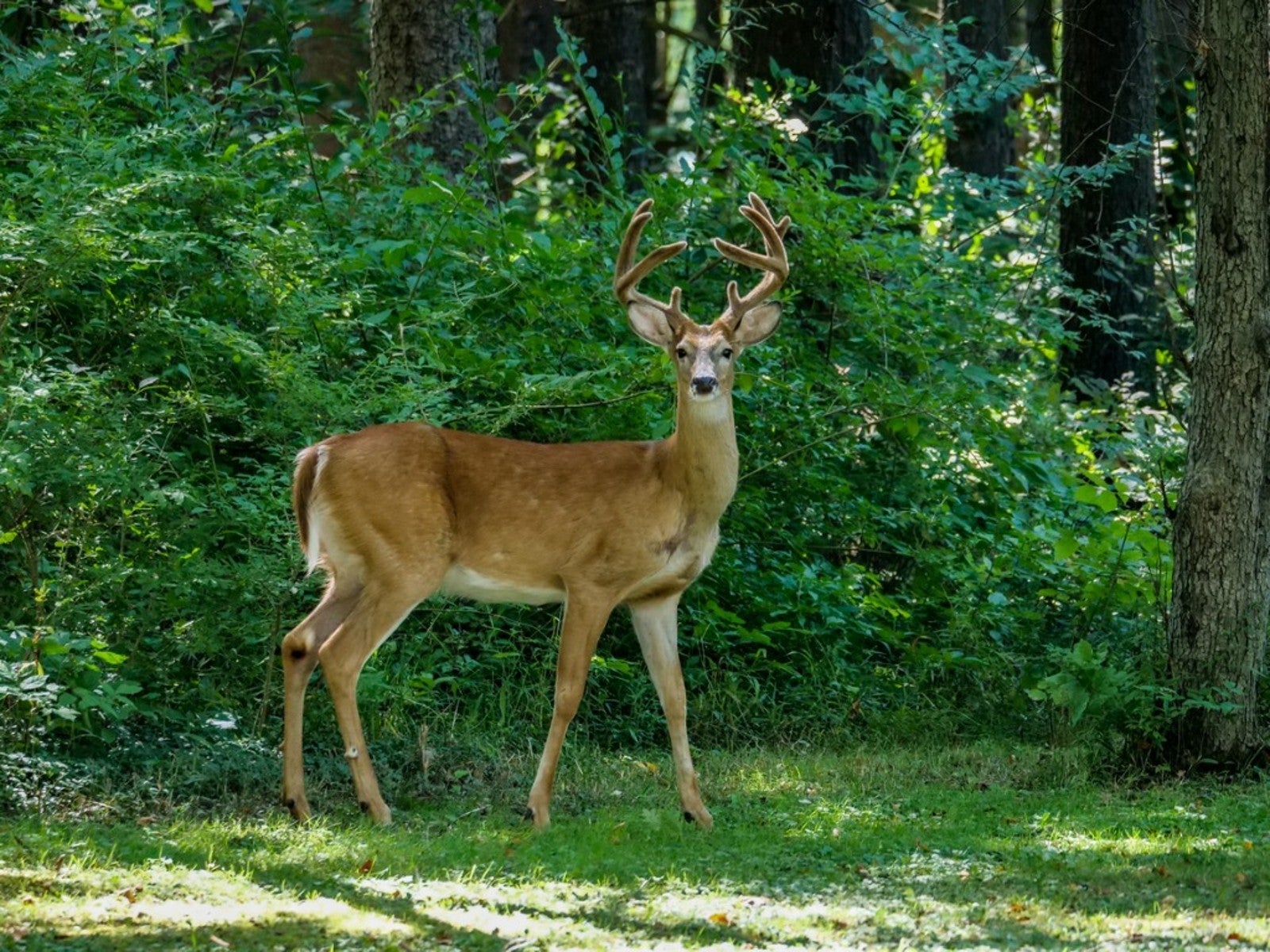 Deter Deer And Prevent Ticks By Getting Rid Of Honeysuckle
Deter Deer And Prevent Ticks By Getting Rid Of HoneysuckleWe don’t usually think of sweet-smelling honeysuckle as being unsafe, but the deer love it. and where there are deer there are often ticks. Read on for more reasons to avoid non-native honeysuckles.
By Mary Ellen Ellis
-
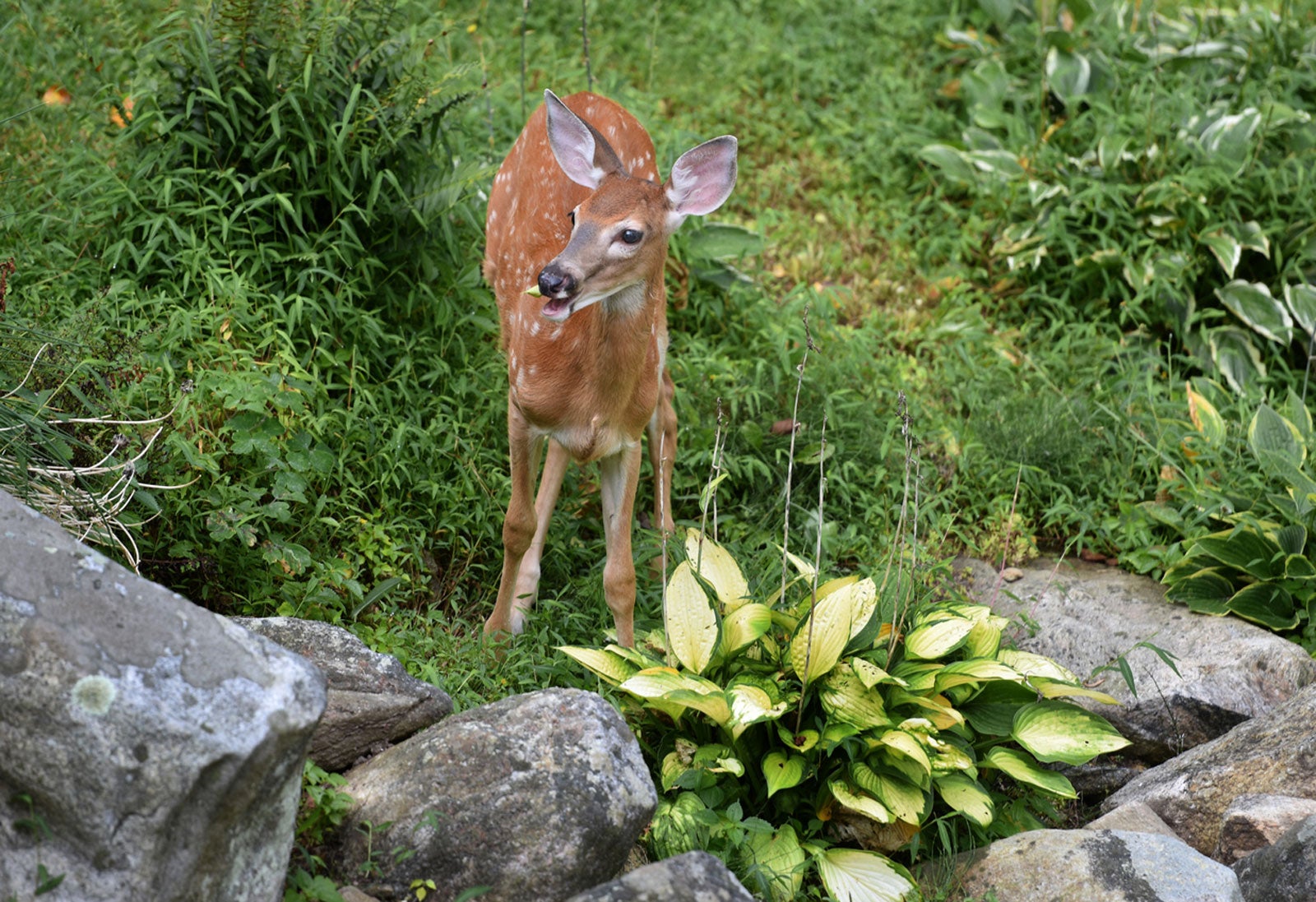 Deer Droppings On Plants: Is Fertilizing With Deer Manure Safe
Deer Droppings On Plants: Is Fertilizing With Deer Manure SafeWhether you love or hate deer, or have a more complicated relationship with them, there is one important question to answer: Can you use deer manure in gardens? Click on the following article to find out more about fertilizing with deer manure.
By Mary Ellen Ellis
-
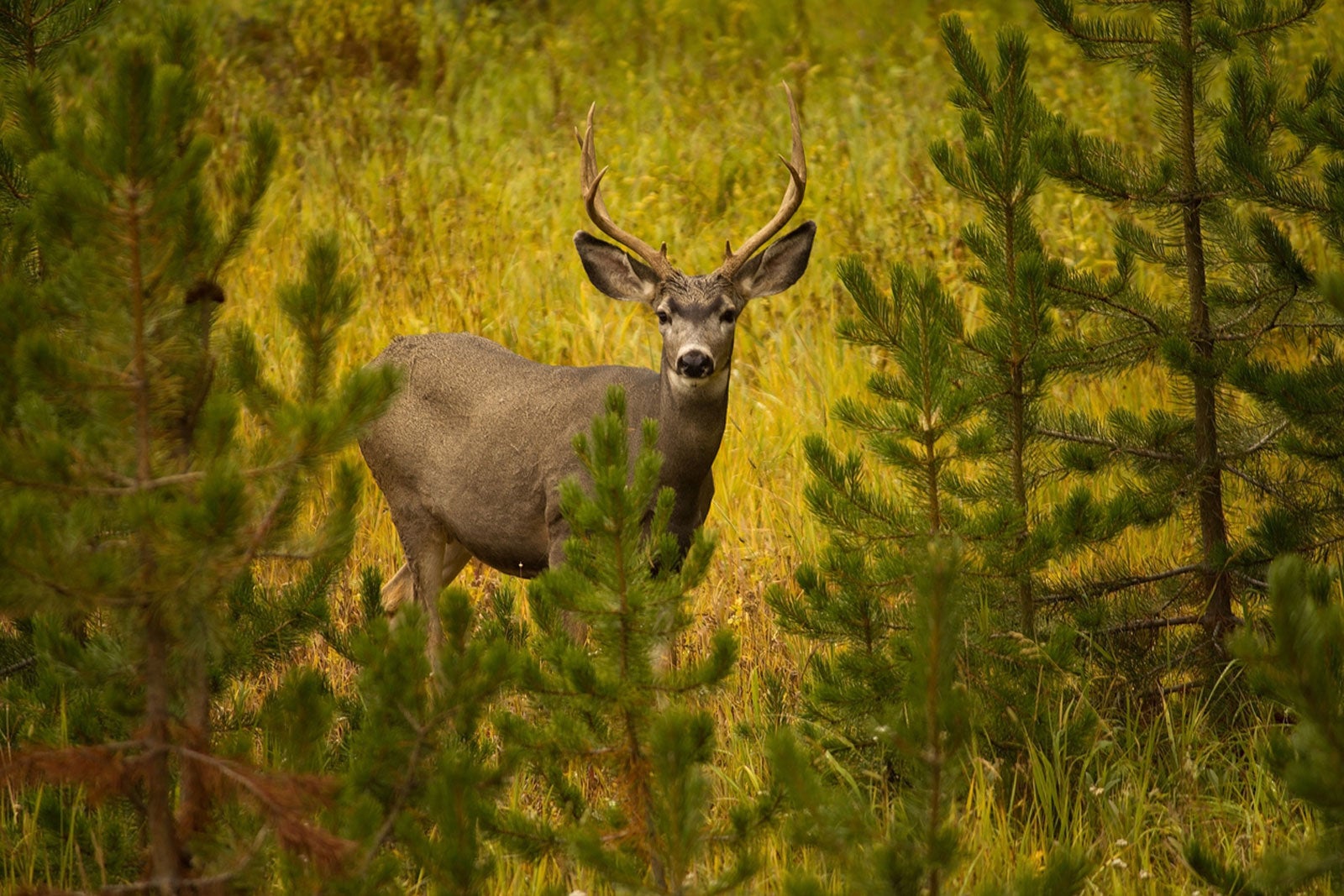 Deer Proof Evergreens: Are There Evergreens Deer Won’t Eat
Deer Proof Evergreens: Are There Evergreens Deer Won’t EatThe presence of deer in the garden can be troublesome. With some proven planting techniques, however, gardeners may be able to reduce the occurrence of damage caused by deer. Planting deer resistant evergreen plants, for example is one method. Learn more here.
By Tonya Barnett
-
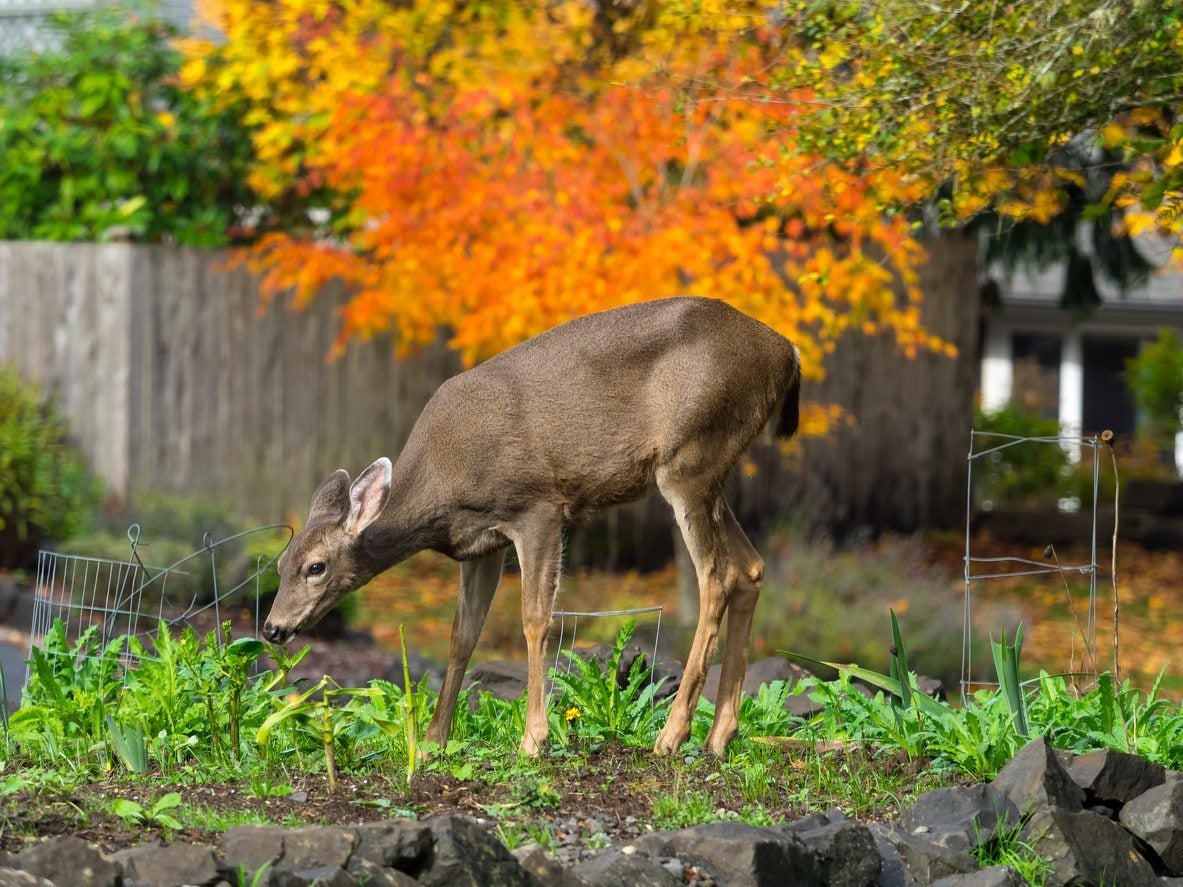 Deer Proof Gardening: What Vegetables Are Deer Resistant
Deer Proof Gardening: What Vegetables Are Deer ResistantThe best defense is a good offense. In deer proof gardening, plants that smell offensive to deer can deter them from their favorite edibles. Planting a garden with edible plants deer don't eat is also a defense. Click here for fruits and vegetables deer won't eat.
By Darcy Larum
-
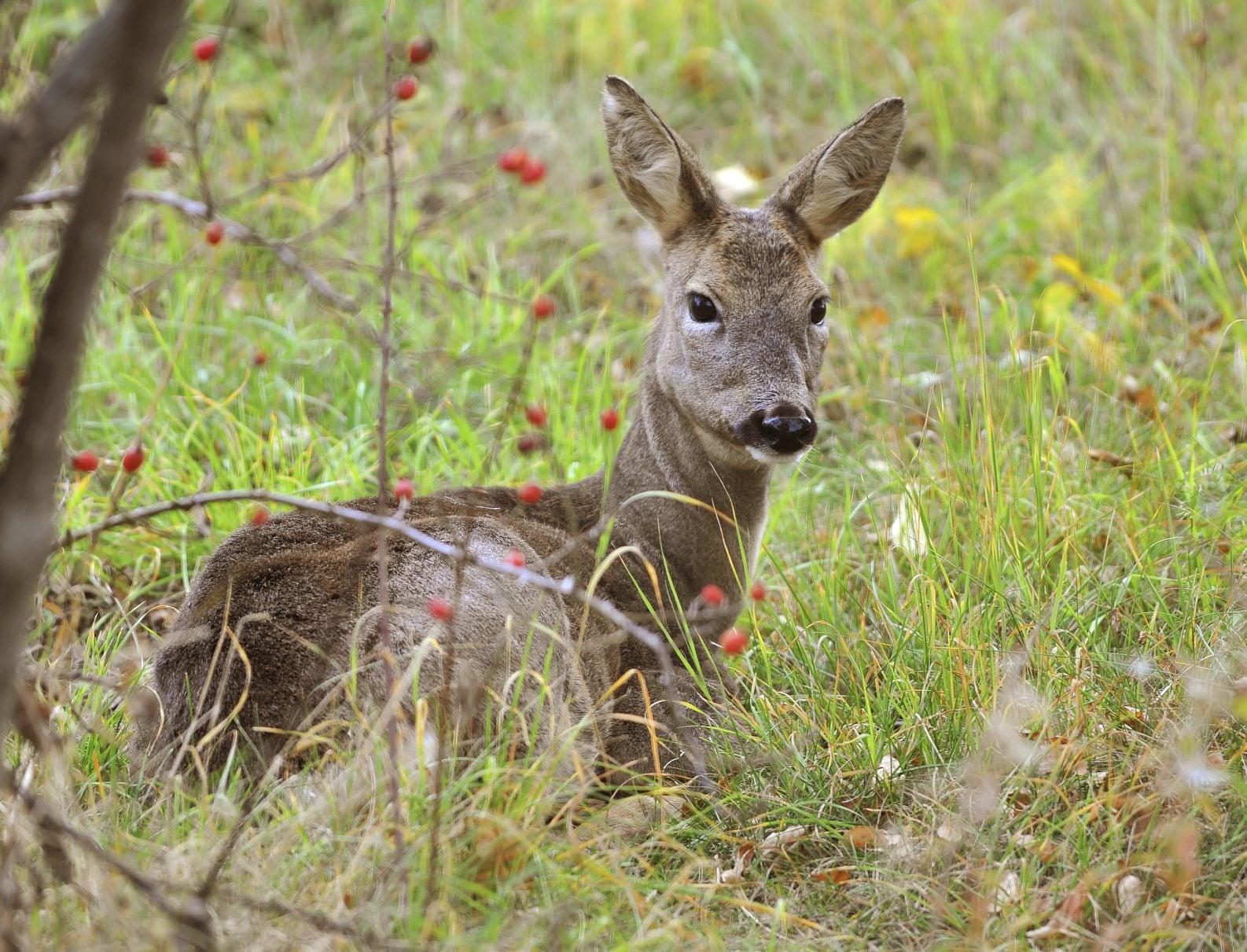 Deer Resistant Garden Plans – Creating A Deer Resistant Garden
Deer Resistant Garden Plans – Creating A Deer Resistant GardenDeer are lovely to watch but not when they are stomping all over your vegetable garden or eating the tops off of your bulbs. Creating a deer resistant garden is a must for any gardener who suffers from these grazing marauders. Learn more here.
By Bonnie L. Grant
-
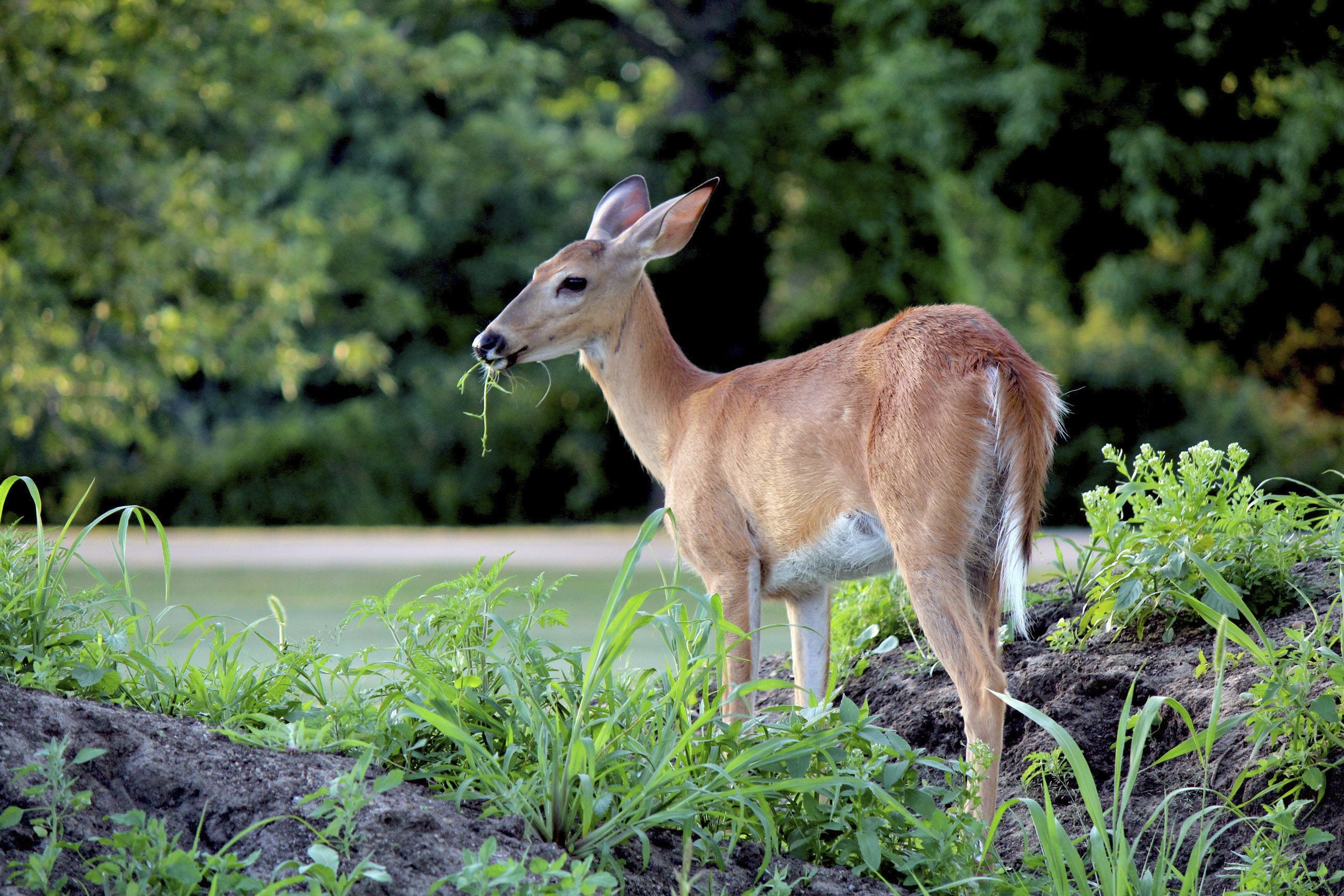 Roses And Deer – Do Deer Eat Rose Plants And How To Save Them
Roses And Deer – Do Deer Eat Rose Plants And How To Save ThemDeer do indeed love the beautiful, succulent growth they find in those meadows and valleys, but they cannot resist a rose garden if there is one close by. Learn how to fix deer damage and prevent more in this article. Click here for more info.
By Stan V. Griep
-
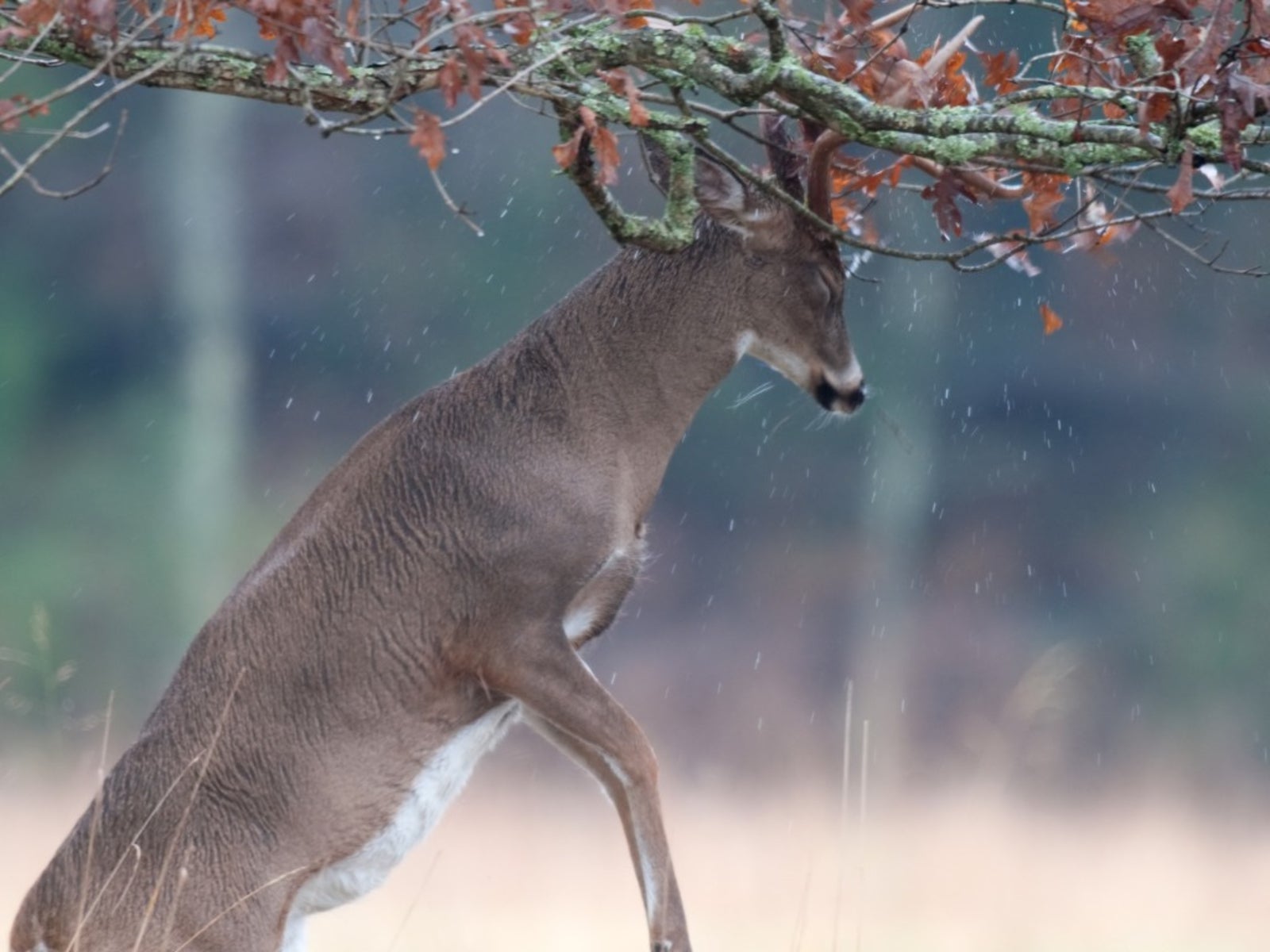 Deer Rubbing Tree Bark: Protecting Trees From Deer Rubs
Deer Rubbing Tree Bark: Protecting Trees From Deer RubsDeer are majestic creatures when they're bounding through open fields and frolicking in someone else's woods. When they come into your yard and start damaging trees, they become something else entirely. Learn more in this article.
By Kristi Waterworth
-
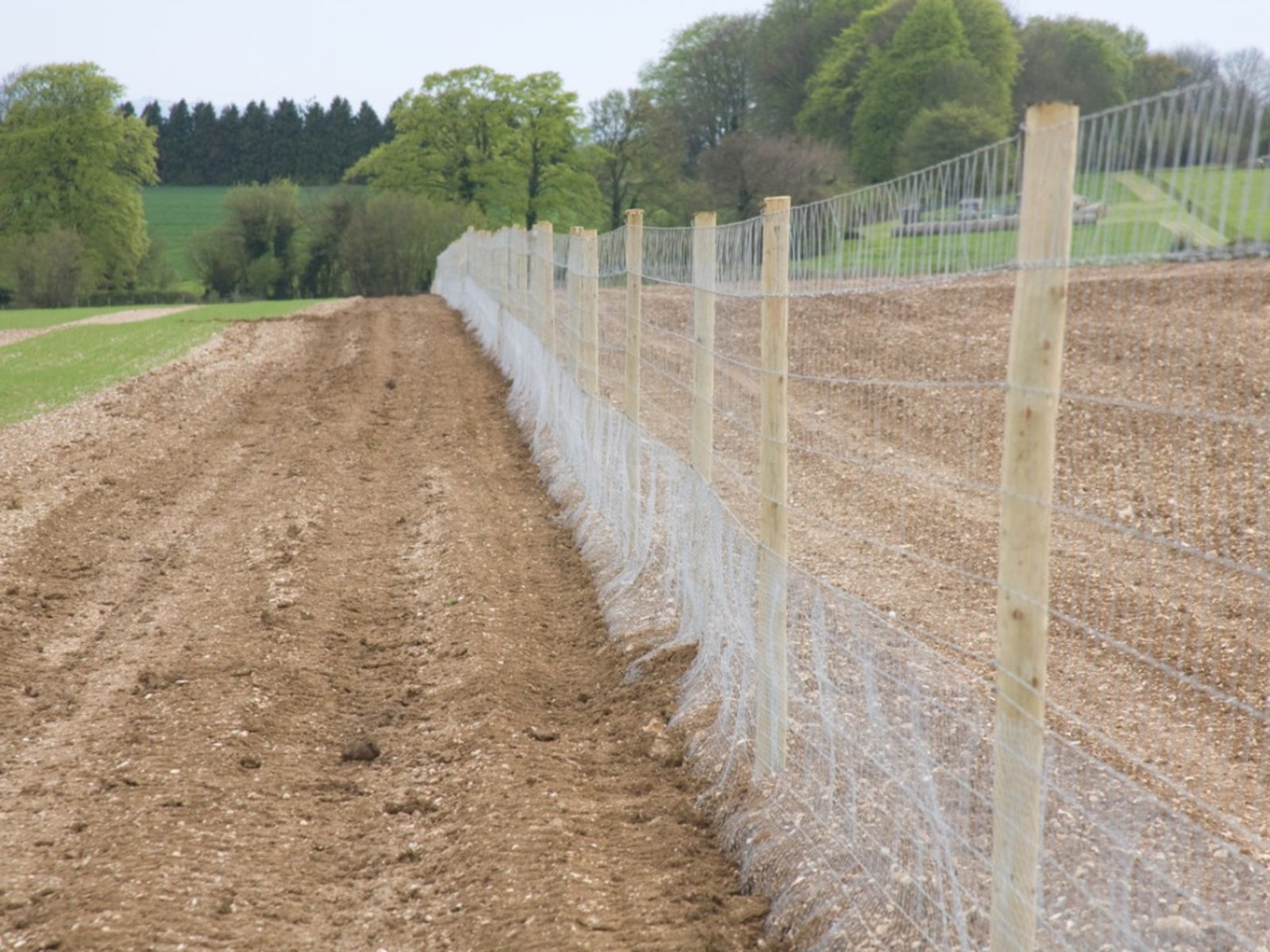 Deer Fencing Designs - How To Build A Deer Proof Fence
Deer Fencing Designs - How To Build A Deer Proof FenceDeer are elegant and graceful creatures but these attributes fall short when they have been in the garden eating your prize plants. If repellents aren't working, think about building a deer proof fence. This article will help.
By Bonnie L. Grant